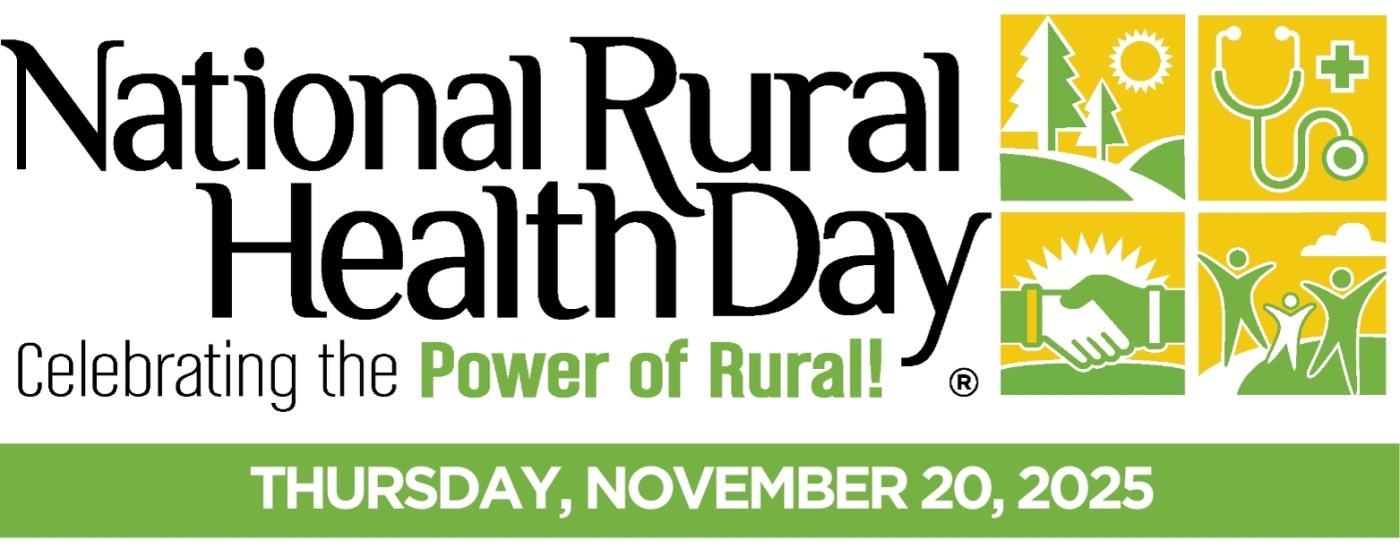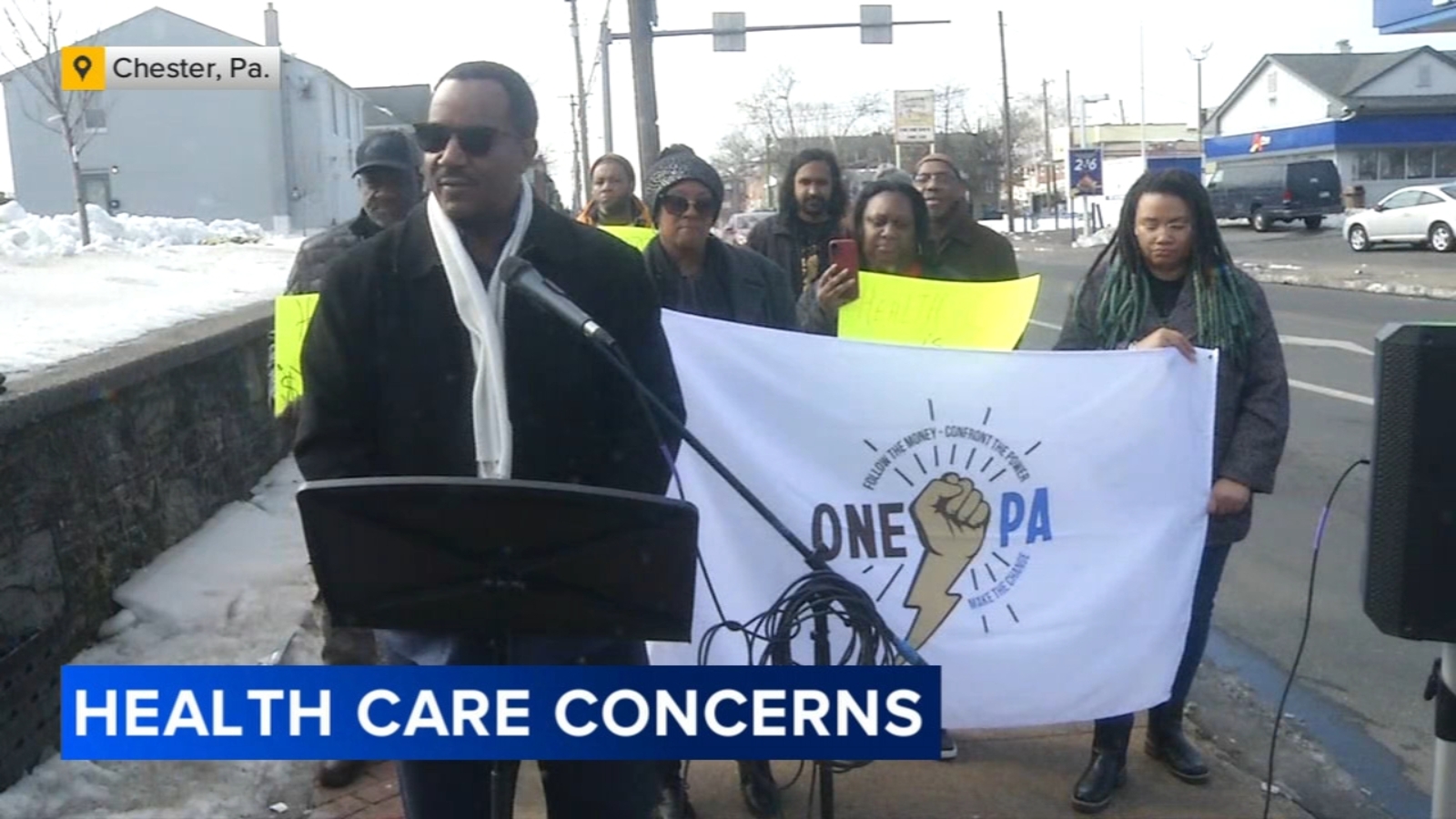November 20 marks National Rural Health Day, a significant occasion aimed at recognizing the dedicated efforts of healthcare providers and communities working to address the unique health needs of rural populations in the United States. Sponsored by the National Organization of State Offices of Rural Health (NOSORH), this day sheds light on the considerable challenges faced by those living in rural areas, where access to healthcare often remains limited.
Recent reports from the National Rural Health Day, the Rural Health Information Hub, the National Institutes of Health, and the Centers for Disease Control and Prevention (CDC) reveal alarming health statistics. Rural Americans are at a heightened risk of premature death from conditions such as heart disease, cancer, lung disease, and stroke. Additionally, they face increased dangers from road accidents, suicide, and drug overdose.
Understanding the factors contributing to these health disparities is crucial. Geographic challenges play a significant role. Many residents live far from healthcare providers, and limited public transportation options deter them from seeking regular check-ups and preventive care. This distance can also lead to longer response times for emergency services, resulting in poorer health outcomes. Furthermore, a lack of accessible recreational facilities can exacerbate social isolation, leading to mental health issues.
The shortage of healthcare services in rural areas compounds these difficulties. Many communities experience a lack of specialty providers, particularly in fields such as addiction and cancer care. High turnover rates among healthcare staff contribute to discontinuity in patient care, leaving individuals frustrated and without the support they need. Financial constraints also plague local hospitals, which often operate with limited resources and fewer beds, thereby reducing access to critical services.
A cultural aspect also influences health outcomes. Many rural residents subscribe to a strong sense of independence and often resist seeking help, particularly regarding mental health or preventive measures. This cultural stigma can hinder individuals from accessing essential services.
Amid these challenges, rural communities are encouraged to take proactive steps to enhance health outcomes. Understanding health insurance options is a vital first step. Many plans cover annual wellness check-ups and preventive screenings, which can be lifesaving. For those without employer-provided insurance, resources like the NCHD Equity & Outreach team offer assistance in navigating the health insurance marketplace.
Transportation barriers can also be addressed. Organizations such as the Northeast Colorado Association of Local Governments (NECALG) provide options for non-emergency medical transportation, ensuring that residents can access necessary healthcare services.
To mitigate health risks, residents are encouraged to adopt healthier lifestyles. Maintaining a balanced diet and regular exercise is essential for managing weight and reducing the risk of chronic diseases. The Northeast Colorado Health Department (NCHD) offers a free Diabetes Prevention Program aimed at facilitating lifestyle changes for better health outcomes.
Moreover, efforts to reduce tobacco use are critical. The NCHD provides a Tobacco Cessation program that offers resources to support individuals in quitting, recognizing the profound impact of tobacco on long-term health.
Safe driving practices are another area for improvement, particularly for families with children. The Colorado State Patrol estimates that up to 90% of child safety seats are incorrectly installed, highlighting the need for community education on proper safety measures.
Supporting mental wellness is equally important. The isolation often felt in rural areas can hinder individuals from managing their mental health effectively. The NCHD offers resources such as the LifeSource Project, which provides financial assistance for mental health therapy for youth. Additionally, the online tool CredibleMind offers free, confidential access to a wealth of resources aimed at improving mental wellbeing.
As communities observe National Rural Health Day, it is crucial to acknowledge both the challenges and the steps that can be taken to improve health outcomes. From understanding insurance coverage to promoting healthy lifestyles and mental wellness, residents of rural areas can take charge of their health and work toward a healthier future.






